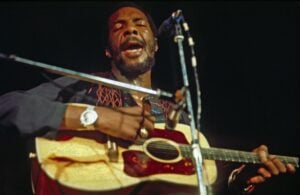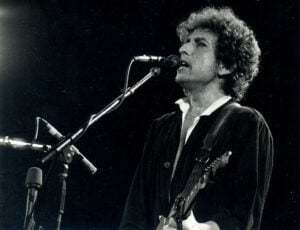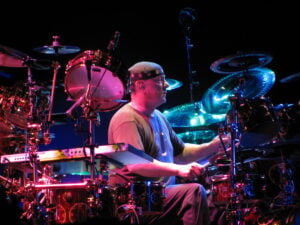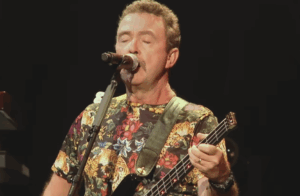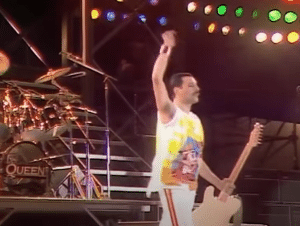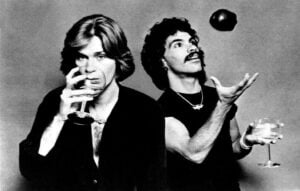On This Day in 1986: The Tragic Death of Richard Manuel After Completing a Two-Set Show with The Band
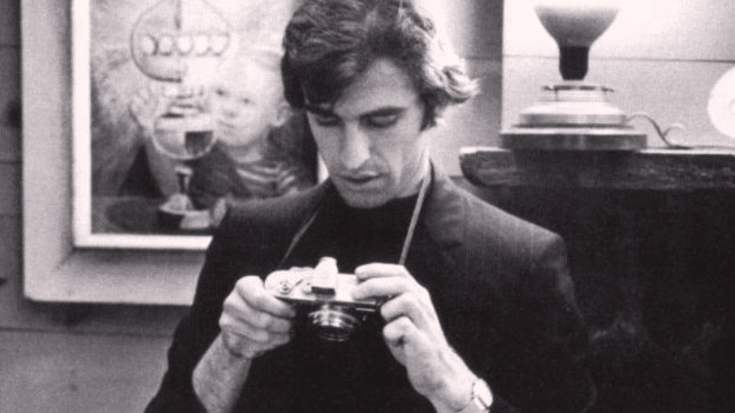
via IndyDefense / YouTube
Richard Manuel was a key member of The Band, serving as one of the group’s vocalists and instrumentalists. He often performed on piano, and his voice carried a distinctive tone that added depth to many of their songs. His involvement in The Band started when they were still backing Bob Dylan, and he helped shape the group’s unique blend of rock, folk, and rhythm and blues. Over time, Manuel’s personal struggles became more noticeable, and close friends saw how these challenges affected his life. Still, he continued to perform, driven by a desire to share music with fans.
The Band had gained recognition through albums like Music from Big Pink and The Band. Manuel’s vocal work on tracks such as “Tears of Rage” and “In a Station” showcased his emotional approach. His falsetto was a key part of their sound, and many listeners admired the way he delivered each line. Despite the group’s achievements, there were internal problems, and the musicians went through different phases of collaboration. Some members took on solo work, while others focused on side projects, but they would still gather for live shows.
In 1983, The Band reunited for performances without Robbie Robertson, although he had been an important figure in their history. Manuel continued to sing and play piano during these concerts, showing that he could still bring energy to the stage. Audiences who saw him live during this period often mention his commitment to performing, even when he might have been dealing with personal difficulties. He did not shy away from giving his best in front of a crowd, and his dedication was clear.
View this post on Instagram
1986 – March 4
After just completing a two-set show with The Band in Winter Park, Florida, 41-year-old Richard Manuel committed suicide by hanging himself. His band mate, Robbie Robertson honored his friend with the song, “Fallen Angel” in 1987.
When people heard about Manuel’s death, many were shocked. They knew he had faced challenges, but few realized how severe they had become. According to accounts from those present, Manuel seemed in decent spirits before the tragedy. The show in Winter Park featured classic songs, and fans recall the strong vocals he contributed. Yet once the music stopped, Manuel returned to his motel room and took his own life. This sudden event left fellow members, friends, and supporters in deep grief.
Robbie Robertson, who had not been part of the reunion concerts, learned of Manuel’s passing and felt compelled to pay tribute. He honored Manuel by releasing “Fallen Angel” in 1987, a song that carried a sense of remembrance and sorrow. This piece served as a personal reflection on their time together in The Band. Listeners often mention how Robertson’s words and music in “Fallen Angel” convey both respect and sadness for what was lost. The bond between Manuel and Robertson had been shaped by years of creating and performing songs that remain popular among rock audiences.
View this post on Instagram
Richard Manuel’s Legacy and Impact
Today, Richard Manuel’s name is often linked with his role in shaping the soulful side of The Band. He was known for his vocal style, his skills on piano, and his presence on stage. Though his life ended at the age of 41, the music he helped create remains significant. Fans still discuss the depth of feeling in Manuel’s singing and how it influenced others who followed. His passing was a difficult moment for the rock community, but his contributions to The Band’s catalog have endured.
If you or someone you know is thinking about suicide or needs help, please reach out. In the U.S., call or text 988 to connect with the Suicide and Crisis Lifeline. If you live outside the U.S., you can find international hotlines at: https://findahelpline.com/






